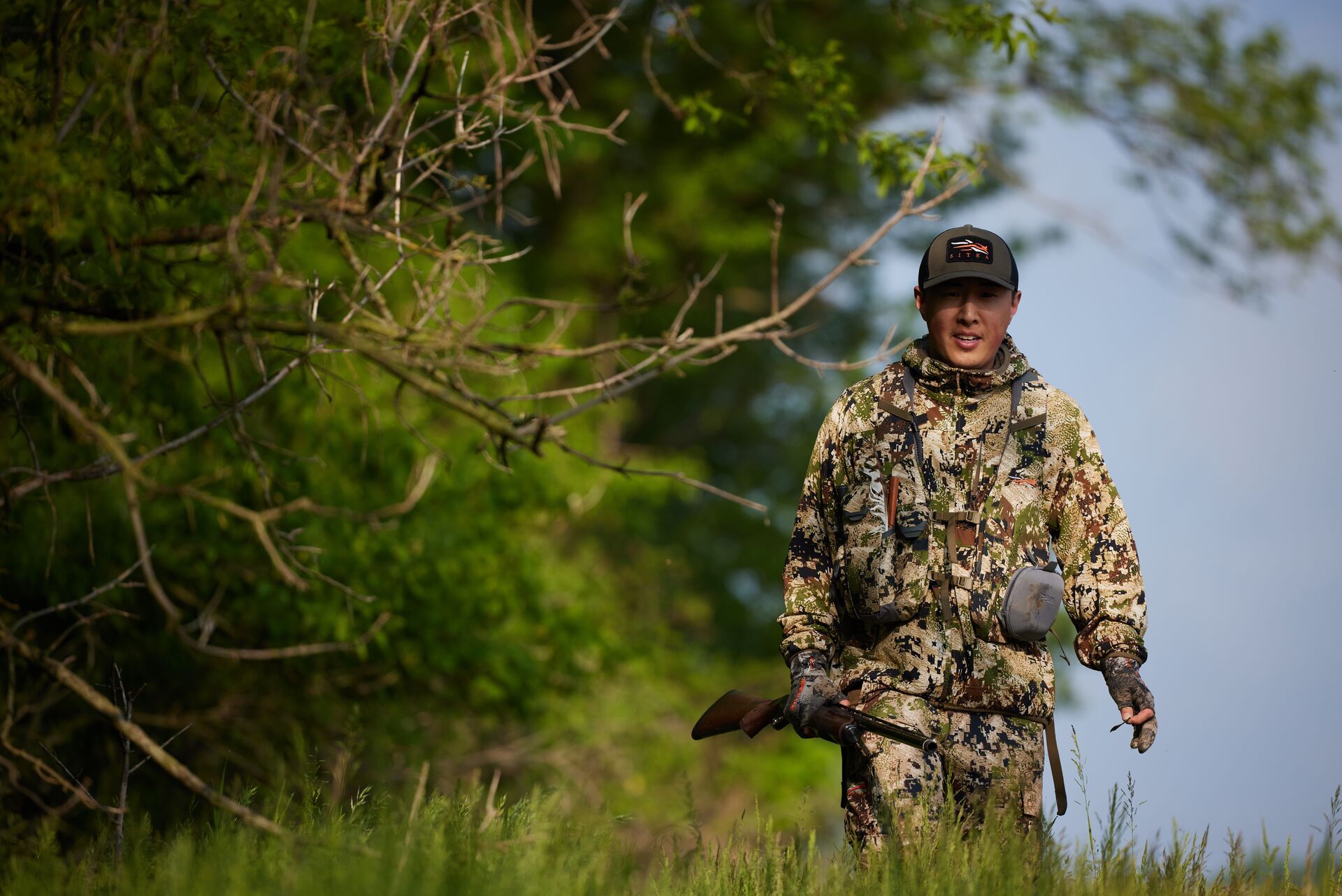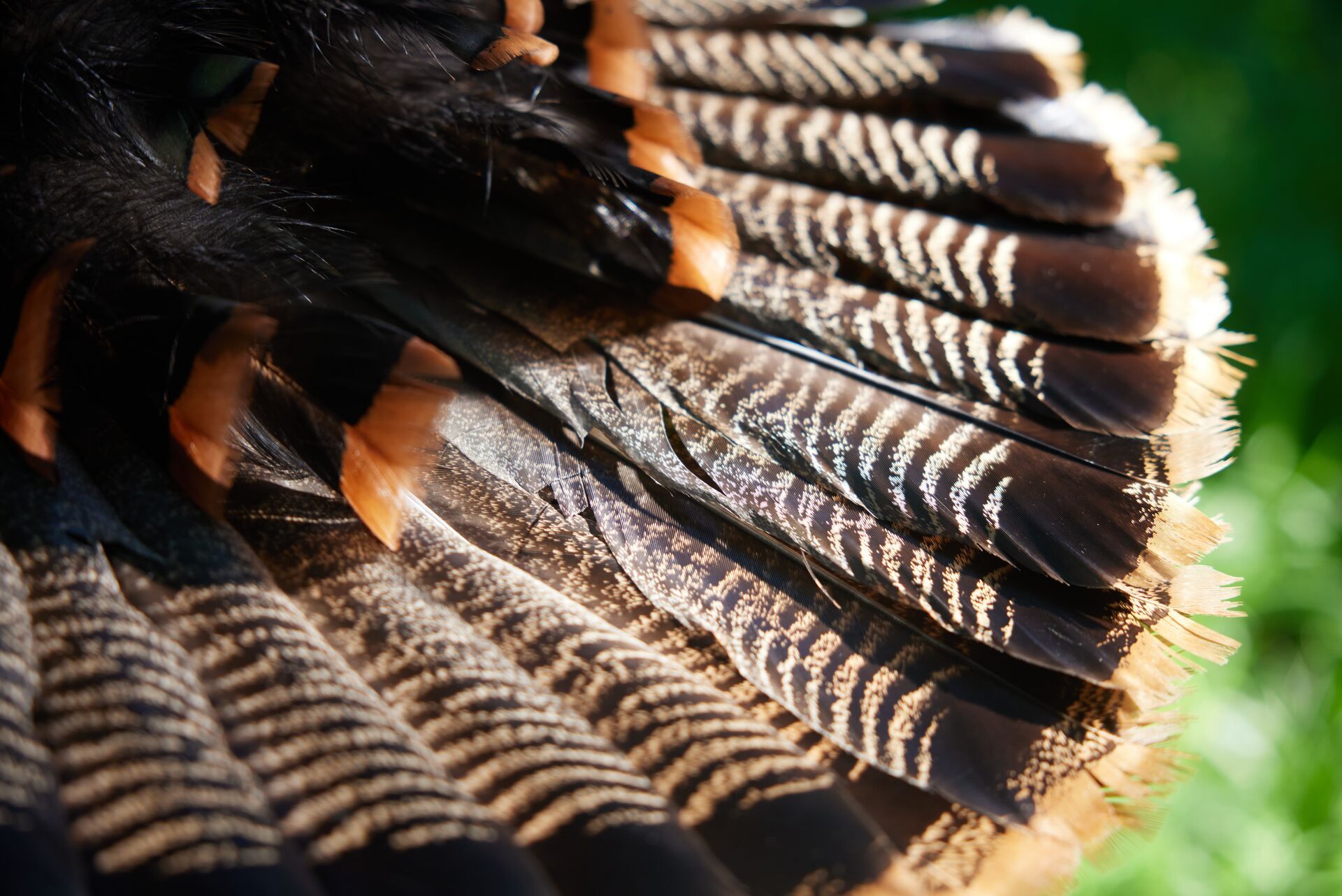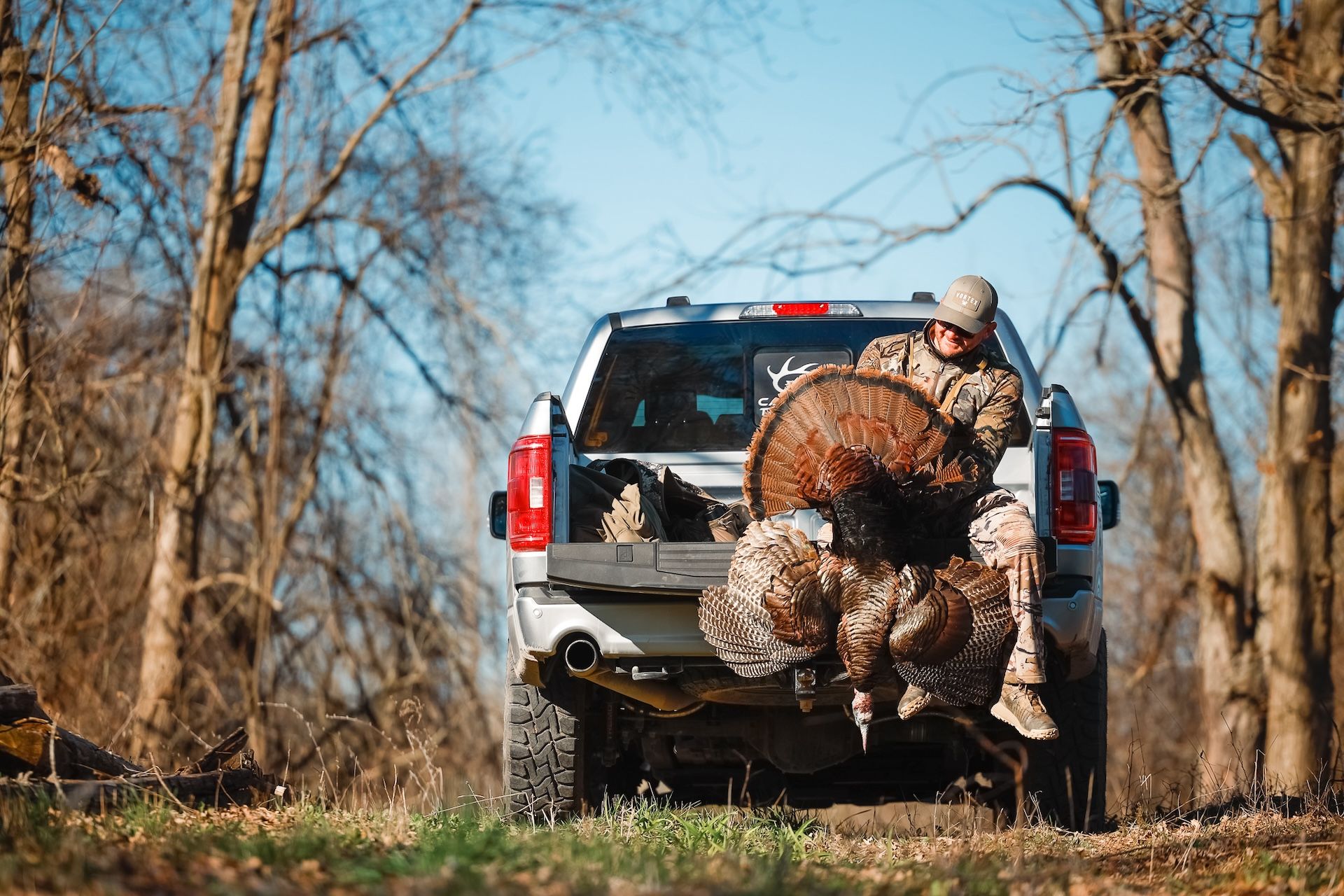Field Guide / Turkey
4 Types Of Weather You Shouldn't Avoid During Turkey Season
At HuntWise, we genuinely believe the best time to be in the field is when the season is open. Granted, it is essential to consider potentially dangerous weather conditions and how that could impact your safety and success when hunting. However, we firmly believe that all types of weather hold something special for us as hunters.
Previous in Turkey
More Content Like This

When Is Turkey Season, Minnesota?
From the exhilarating pursuit of turkeys across vast plains to the strategic navigation of expansive woodlands, North Minnesota offers a turkey hunting experience that is not just a sport but a journey steeped in history and strong tradition. Read More
Read More
Turkey Talk: Understanding Heritage Turkey vs. Wild Turkey
It's no surprise that turkeys have been celebrated across the U.S. for centuries, symbolizing everything from pride to gratitude. While turkey numbers rose and fell over the years, targeted conservation and growing consciousness about their importanc...Read More
Read More
Turkey Talk: Osceola, Merriam's, and Heritage Turkey
While the Eastern turkey may be the most famous, true turkey hunters know that the variety of types and the unique blend of challenges and rewards of each breed make turkey hunting one of the most exciting and respected cultural traditions in the U.S...Read More
Read More Turkey
TurkeyWhen Is Turkey Season, Minnesota?
From the exhilarating pursuit of turkeys across vast plains to the strategic navigation of expansive woodlands, North Minnesota offers a turkey hunting experience that is not just a sport but a journey steeped in history and strong tradition. Read More
Read More Turkey
TurkeyTurkey Talk: Understanding Heritage Turkey vs. Wild Turkey
It's no surprise that turkeys have been celebrated across the U.S. for centuries, symbolizing everything from pride to gratitude. While turkey numbers rose and fell over the years, targeted conservation and growing consciousness about their importanc...Read More
Read More Turkey
TurkeyTurkey Talk: Osceola, Merriam's, and Heritage Turkey
While the Eastern turkey may be the most famous, true turkey hunters know that the variety of types and the unique blend of challenges and rewards of each breed make turkey hunting one of the most exciting and respected cultural traditions in the U.S...Read More
Read More
1 of 3